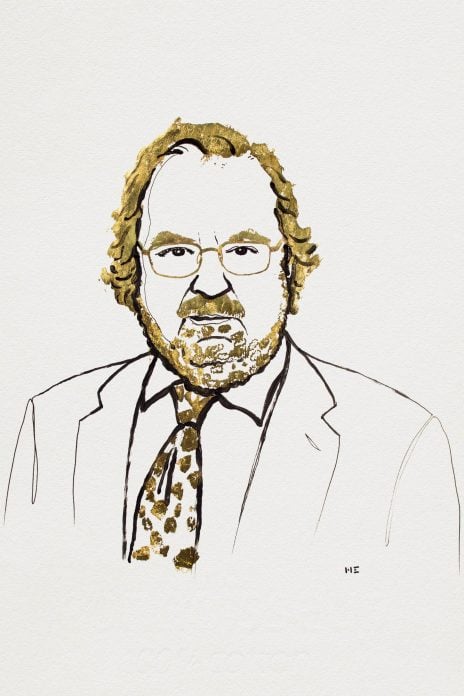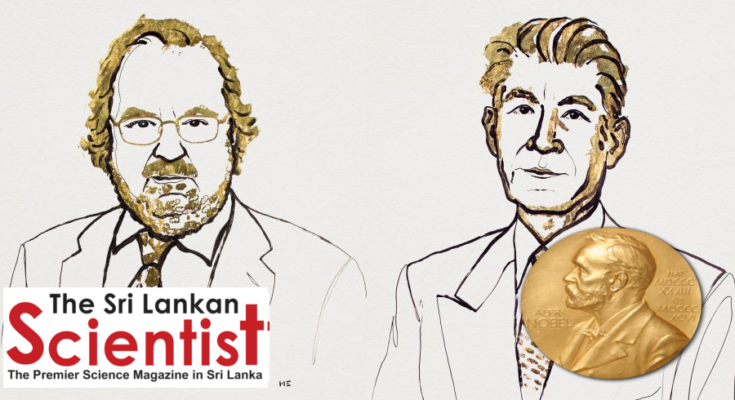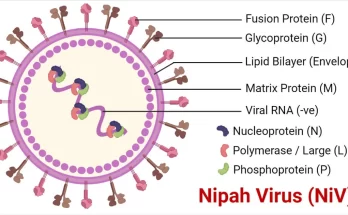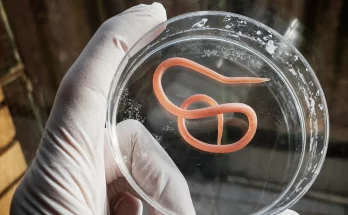The Nobel Assembly at Karolinska Institutet in Sweden yesterday announced James P. Allison and Tasuku Honjo as winners of the Nobel Prize in Physiology or Medicine in 2018 for their discovery of novel principal of cancer therapy by inhibiting negative immune regulation.

The two scientists in their research in 1990s discovered two proteins that operate as breaks in the T cells of our immune system. Because of these breaking mechanisms our immune system can’t act against cancer cells making us vulnerable to cancers. Upon this discovery both the scientists tried developing a mechanism to release these molecular breaks and let our immune system act against cancer cells. To do that both the scientists developed antibodies that can specifically bind with those two proteins and activate the immune system against tumor cells. This novel therapy was then tested in animal models and showed promising results. After that they used this therapy in clinical trials and clinical development processes were continued.

After the initial studies showing the effects of CTLA-4 and PD-1 blockade, the clinical development has been dramatic. We now know that the treatment, often referred to as “immune checkpoint therapy”, has fundamentally changed the outcome for certain groups of patients with advanced cancer. Similar to other cancer therapies, adverse side effects are seen, which can be serious and even life threatening. They are caused by an overactive immune response leading to autoimmune reactions, but are usually manageable. Intense continuing research is focused on elucidating mechanisms of action, with the aim of improving therapies and reducing side effects.
Of the two treatment strategies, checkpoint therapy against PD-1 has proven more effective and positive results are being observed in several types of cancer, including lung cancer, renal cancer, lymphoma and melanoma. New clinical studies indicate that combination therapy, targeting both CTLA-4 and PD-1, can be even more effective, as demonstrated in patients with melanoma. Thus, Allison and Honjo have inspired efforts to combine different strategies to release the brakes on the immune system with the aim of eliminating tumor cells even more efficiently. A large number of checkpoint therapy trials are currently underway against most types of cancer, and new checkpoint proteins are being tested as targets.




